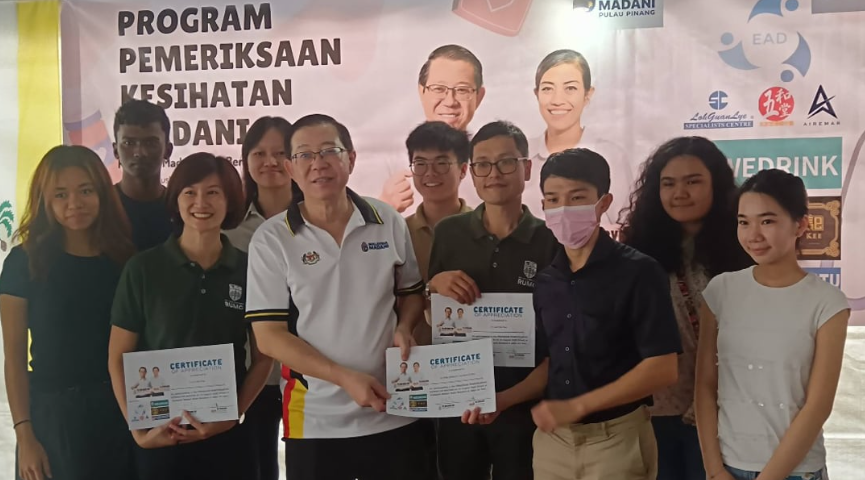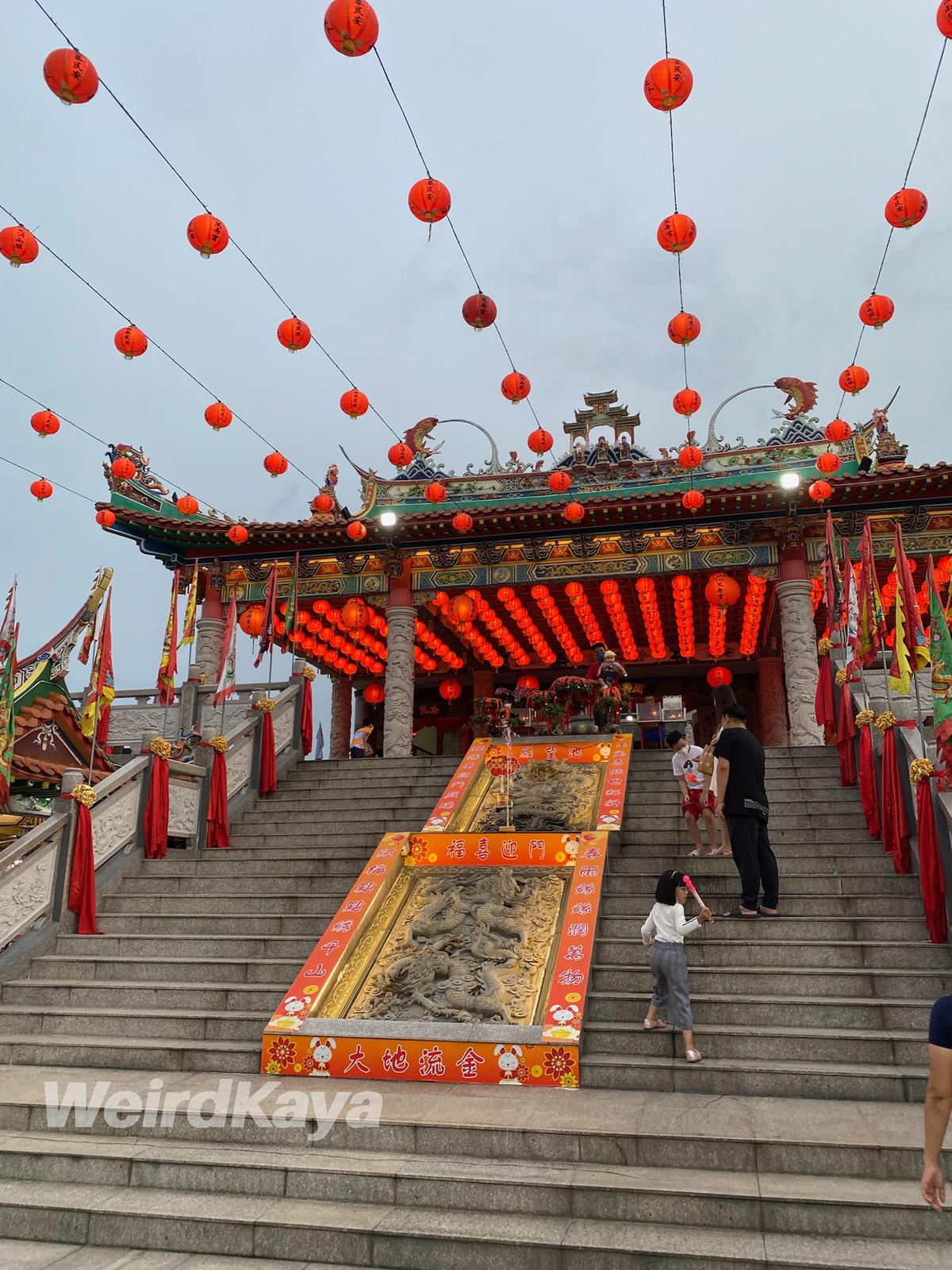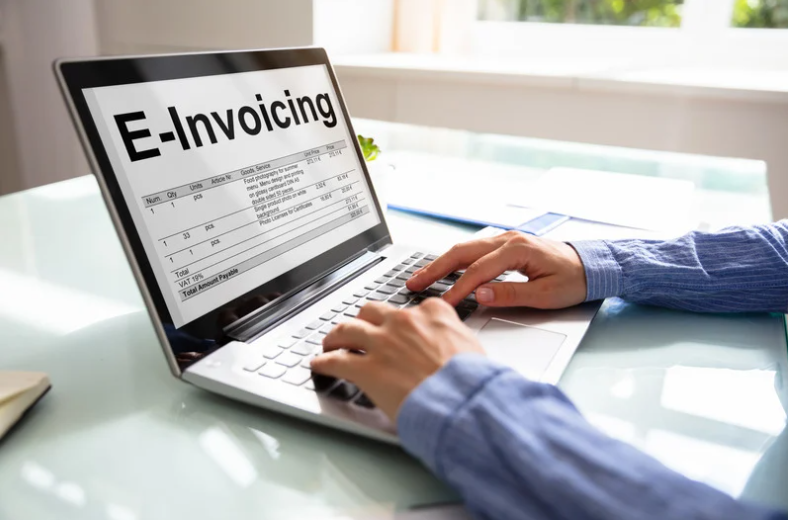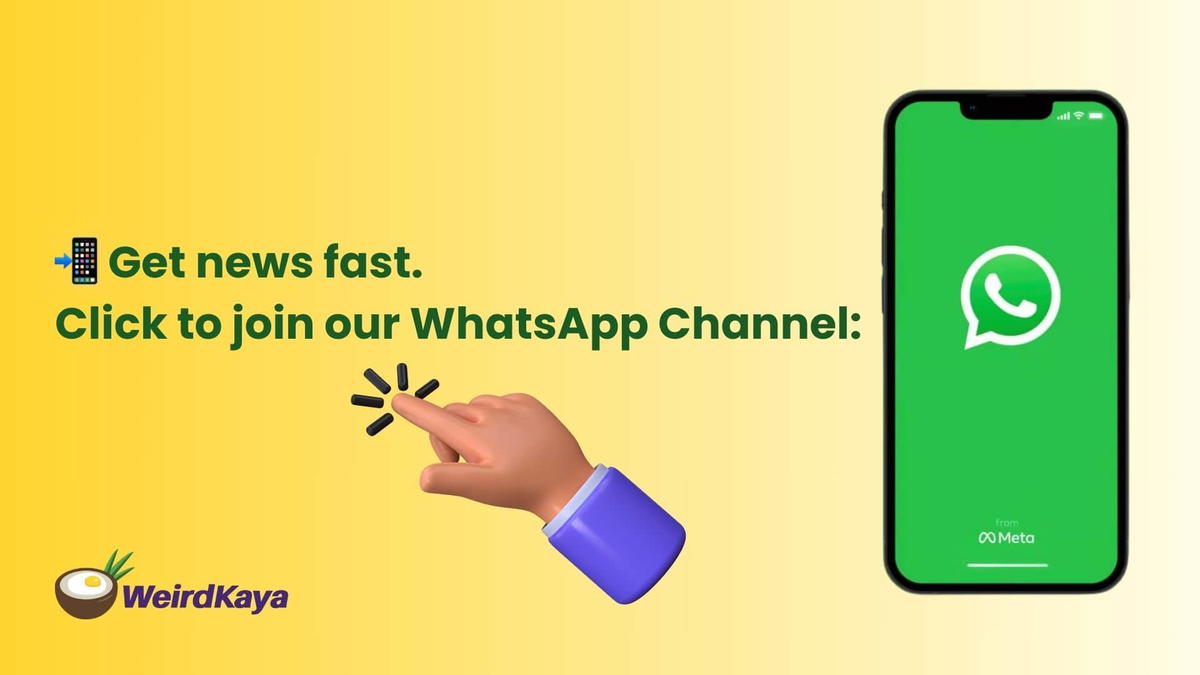Former Finance Minister Lim Guan Eng gave Chinese associations and temples a gentle reminder that they are required to issue e-invoices starting July next year.
He explained that this comes into effect if their annual income exceeds RM500,000, which includes revenue from selling items such as funds raised through charity sales.
E-invoices required next July onwards
Speaking to the media during a health screening program yesterday (Aug 10), Lim said any donations or contributions received by religious sites or charitable bodies do not require e-invoices.

“However, NGOs including Chinese associations and temples must be aware that if they hold charity sales or any activity involving the sale of goods, and their annual income exceeds RM500,000, they must start issuing e-invoices from July next year.
“This was the answer personally given to me by Prime Minister Anwar Ibrahim in Parliament,” he said as quoted by Kwong Wah Jit Poh.
Lim added that according to the Inland Revenue Board’s (LHDN) latest guidelines, NGOs (including temples and Chinese associations) without tax-exempt status under Section 44(6) can be exempted from issuing e-invoices for donations or sponsorships received.

Conversely, if they have tax-exempt status and issue tax-deductible receipts, they must issue e-invoices for such funds.
For charitable or non-financial organisations registered with the Registrar of Societies (ROS), if they engage in the sale of goods or provision of services and their annual income exceeds RM500,000, they must comply with the e-invoicing requirements in phases:
- Phase 3: From 1 July 2025 — annual income above RM5 million up to RM25 million
- Phase 4: From 1 Jan 2026 — annual income above RM1 million up to RM5 million
- Phase 5: From 1 July 2026 — annual income above RM500,000 up to RM1 million
Govt aiding in smooth implementation of e-invoicing
Lim explained that in order to make the process easier, charitable and non-financial organisations can opt to issue a single consolidated monthly e-invoice for the sale of goods or services (e.g., items sold during a charity sale).

This will help in reducing administrative burdens as they would not need to issue invoices for each transaction individually.
Lim said that the government, through LHDN’s MyInvois portal and myInvois mobile app, has provided free access and usage for all organisations.
Furthermore, public engagement programmes, educational talks, operational tutorials, and user guides are also being carried out to help charitable organisations adopt and use the e-invoicing system smoothly.
READ ALSO:



